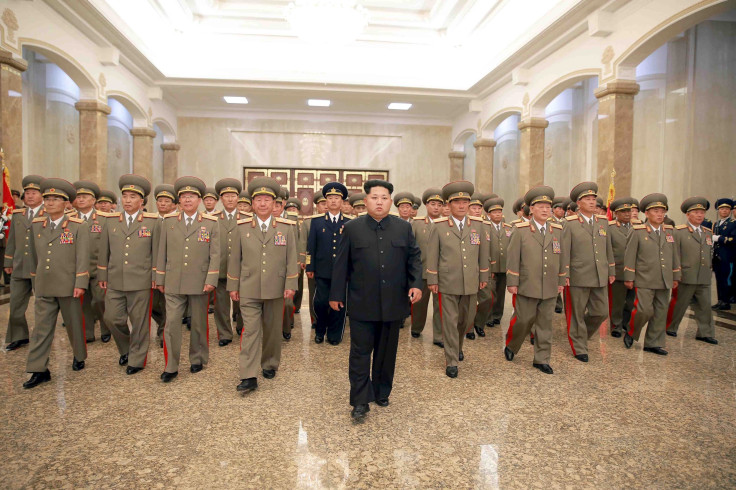Under Kim Jong Un, North Korea's Local Elections Feature State-Approved Candidates,100% Voter Turnout

North Korea held local elections Sunday for the first time since Kim Jong Un succeeded his father as supreme leader in 2011, reports said. Kim’s Workers’ Party oversaw the elections, wherein the North Korean populace cast votes for government-approved candidates that ran unopposed for provincial, city and county positions.
Though touted as free elections, the ballot presented North Korean civilians to cast “yes” or “no” votes for one pre-approved official per office, Al Jazeera America reported. Kim Jong Un considers dissenting votes treason punishable by loss of job, increased government surveillance or worse.
“Refusing to vote, or voting for someone other than the one approved candidate, is taken as an active challenge to the supreme leader’s guidance system since one is rejecting the choice they offered,” Roger Cavazos, a former U.S. Army officer and North Korea expert, told Al Jazeera America. Local officials are said to use the elections to assess loyalty to the government.
North Korean officials deemed the local elections a success on Sunday and said nearly 100 percent of the population participated, Australia’s ABC News reported. "All participants took part in the elections with extraordinary enthusiasm to cement the revolutionary power through the elections of deputies to the local people's assemblies," the state-run Korean Central News Agency said.
The country’s last local elections were held in 2011, before the death of Kim Jong Un’s father, Kim Jong Il. Roughly 99 percent of the North Korean population participated in that vote, the BBC reported. North Korea’s state news agency said the only absentees were those who could not vote because they were out of the country or at sea. People who do not vote are subject to government investigation.
© Copyright IBTimes 2024. All rights reserved.





















